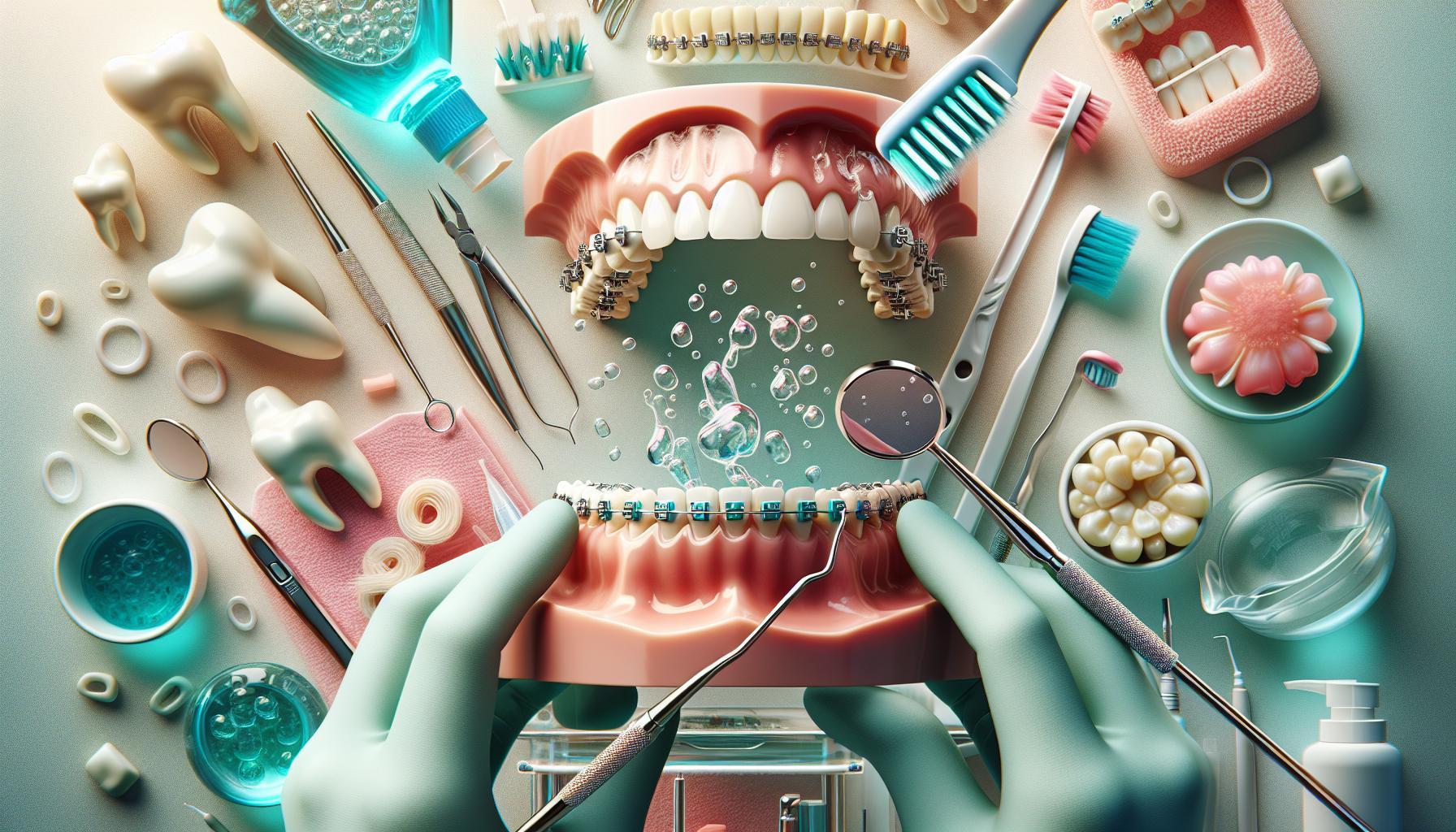
Have you ever wondered if that half-full bottle of mouthwash in your bathroom cabinet is still effective? Understanding the shelf life of mouthwash is crucial for maintaining oral health and ensuring you’re using products that work as intended. Most mouthwashes last between two to three years unopened, but their potency diminishes after opening, making it essential to know when to replace them.
Understanding Mouthwash Expiration Dates: What You Should Know
Mouthwash is one of those everyday essentials that many of us take for granted, but its effectiveness can diminish over time. Understanding mouthwash expiration dates is crucial not only for maintaining oral hygiene but also for ensuring that you’re using products that truly benefit your health. did you know that most mouthwashes have a shelf life of about 2-3 years? This is largely due to the presence of ingredients like alcohol and preservatives, which the FDA requires manufacturers to evaluate for freshness [[1]].
Why Expiration Matters
Using expired mouthwash can void its intended benefits. Once a mouthwash passes its expiration date, it may no longer effectively combat bacteria, promote oral health, or prevent cavities [[2]].it’s particularly concerning when considering that a diminished potency could leave your mouth vulnerable to issues like decay or bad breath.Thus, it’s essential to check the expiration date printed on the label before each use.
Signs Your Mouthwash Has Expired
Along with relying on the expiration date, there are a few signs you can look for that indicate your mouthwash may no longer be viable:
- Color Change: If the liquid has changed color substantially, that could suggest a loss of effectiveness.
- Separation: If you notice that the ingredients have separated or formed layers, it may not be safe to use.
- Unpleasant Odor: A decrease in pleasant minty or fresh smells, replaced by foul odors, is a clear sign of spoilage.
Storage Tips for Longevity
To prolong the life of your mouthwash, proper storage is key. Keep your mouthwash in a cool, dry place away from direct sunlight, which can degrade its ingredients. Also,make sure the cap is tightly sealed to prevent contamination.
Even though most mouthwashes have a relatively long shelf life compared to other products, regular monitoring of expiration dates ensures you receive maximum benefits. So, incorporate this habit into your oral care routine to enhance not only freshness but also your overall oral health.
How the Ingredients in Mouthwash Affect Its Shelf Life
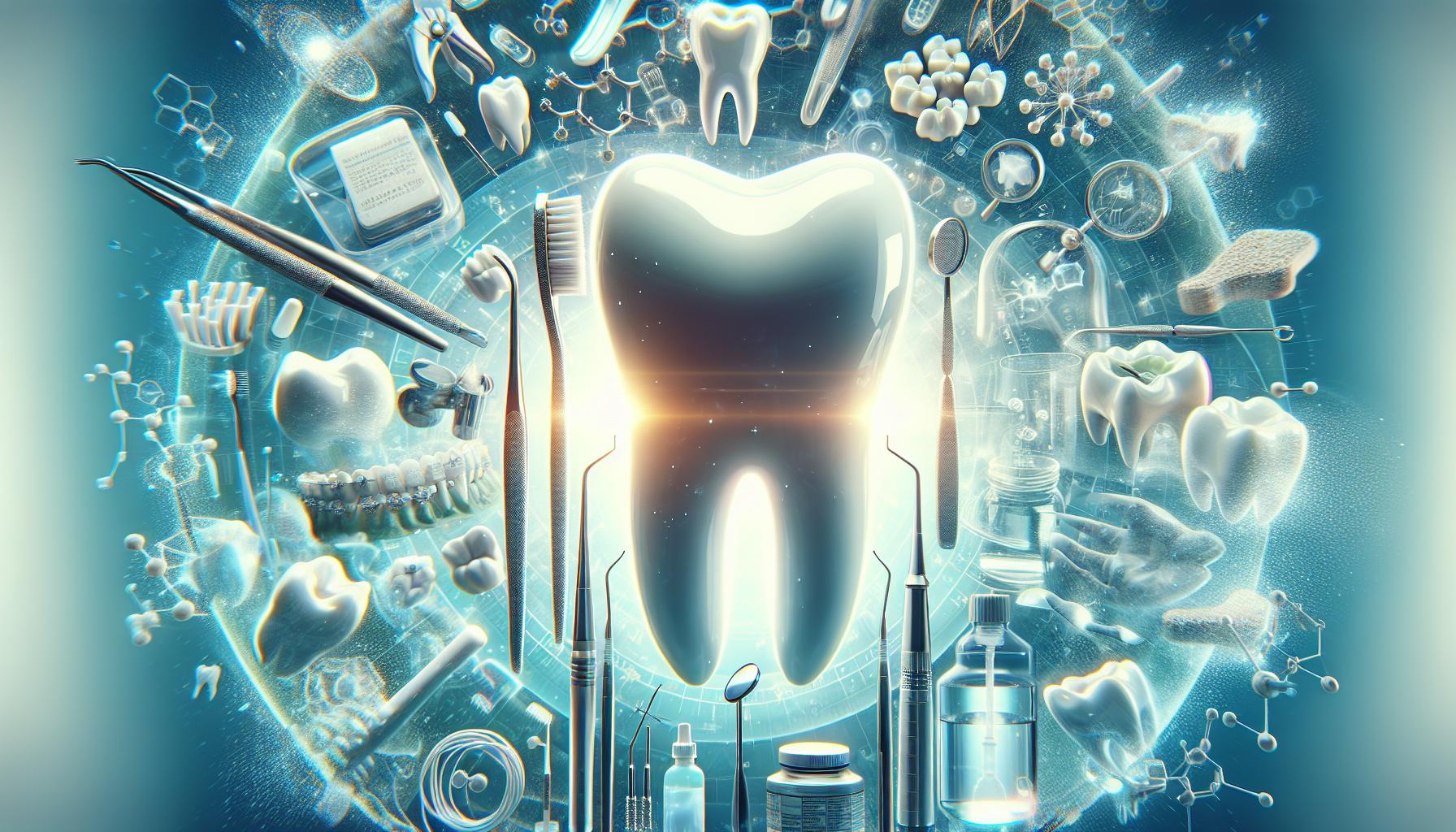
When it comes to preserving the effectiveness of mouthwash, the ingredients used play a pivotal role in determining its shelf life. Understanding how thes components affect the stability of the product can help you make informed decisions about its usage and expiration.
Impact of Active Ingredients
Most mouthwashes contain active ingredients that contribute to their therapeutic benefits, such as fluoride, chlorhexidine, or essential oils. Each of these has a distinct shelf life based on their chemical stability. As a notable example, fluoride is a common ingredient used to strengthen tooth enamel, and while it generally remains stable, the overall efficacy of the mouthwash may diminish over time. Products with chlorhexidine, often prescribed for gum disease, can degrade after a certain period, losing their effectiveness as a antibacterial agent [1].
Influence of Preservatives
many mouthwashes also include preservatives designed to prolong shelf life by preventing microbial growth. Preservatives such as sodium benzoate or phenol can enhance the stability of the product. However, these preservatives have a finite life, and their effectiveness may decrease along with the mouthwash itself. Thus, the presence and quality of preservatives play a crucial role in determining how long the product can be reliably used.
Natural vs. Synthetic Ingredients
Natural mouthwashes that rely on essential oils and botanical extracts might have shorter shelf lives due to their organic nature. Unlike synthetic alternatives that can withstand time with proper preservatives, natural ingredients may spoil more quickly, making it essential to check for expiration dates after opening. generally, mouthwash with more natural ingredients should be disposed of after about a year, nonetheless of the printed expiration date [3].
Understanding Expiration and Smell Tests
A practical way to assess the effectiveness of your mouthwash before using it, especially if it hasn’t been stored correctly, is through a simple smell test. If the mouthwash has lost its signature scent or develops an off odor, it may no longer be effective or safe to use. While many mouthwashes have a shelf life of two to three years, it is essential to be aware of how the quality of the ingredients—both active and otherwise—can affect this timeline. By being vigilant about these factors, you can ensure that you are not only maintaining your oral hygiene routine but also ensuring its effectiveness over time <a href="https://www.drbrite.com/blogs/news/does-mouthwash-expire?srsltid=AfmBOopPPYg8iatVmsammcjqIFVxO1uJqrQD3Mo3pKXzBXbsnYsD8C”>[2].
the ingredients in mouthwash have a significant impact on its shelf life and efficacy. Being aware of which ingredients are present and how they respond over time can definitely help you make more informed choices about your oral hygiene products.
Signs That Your Mouthwash Has Gone Bad
Mouthwash is a common staple in many dental care routines, providing fresh breath and helping to fight cavities. Though, like many products, mouthwash does have a shelf life. Detecting is crucial to ensure you’re not compromising your oral health. Here are the key indicators to look out for when assessing the freshness of your mouthwash.
key Signs of Expiration
While mouthwash can frequently enough remain effective for a time beyond its expiration date, there are specific signs that indicate it’s no longer good to use:
- Unusual Color Changes: If the color of your mouthwash has noticeably changed—darkened or developed a cloudy appearance—it’s a sign that the formulation may have deteriorated.
- Separation of Ingredients: If you notice that the ingredients have separated (e.g., layers forming) when shaken, it could indicate instability, suggesting it’s time to toss it out.
- Off or Unpleasant Smell: Mouthwash should have a fresh scent. If it smells sour or has an unusual odor, it’s a signal that the product has gone bad.
- Altered Taste: If the mouthwash tastes different than when it was fresh, it may be past its prime and ineffective for killing bacteria.
What Happens If you Use Expired Mouthwash?
Using expired mouthwash won’t typically pose serious health risks,but it may be ineffective.Studies indicate that while old mouthwash may not cause harm, it lacks the potency required to combat bacteria effectively and may not prevent cavities as intended [[1]]. It’s advisable to monitor your mouthwash regularly and replace it as soon as any of the above signs appear.
By staying vigilant, you can ensure that your oral hygiene routine remains effective. Remember that while some mouthwash may still be usable for a period after the expiration date—often up to 12 months after opening for brands like LISTERINE®—the best practice is to check regularly and replace it when necessary [[2]]. Doing so will help you maintain optimal oral health and freshness.
best Practices for Storing Your Mouthwash
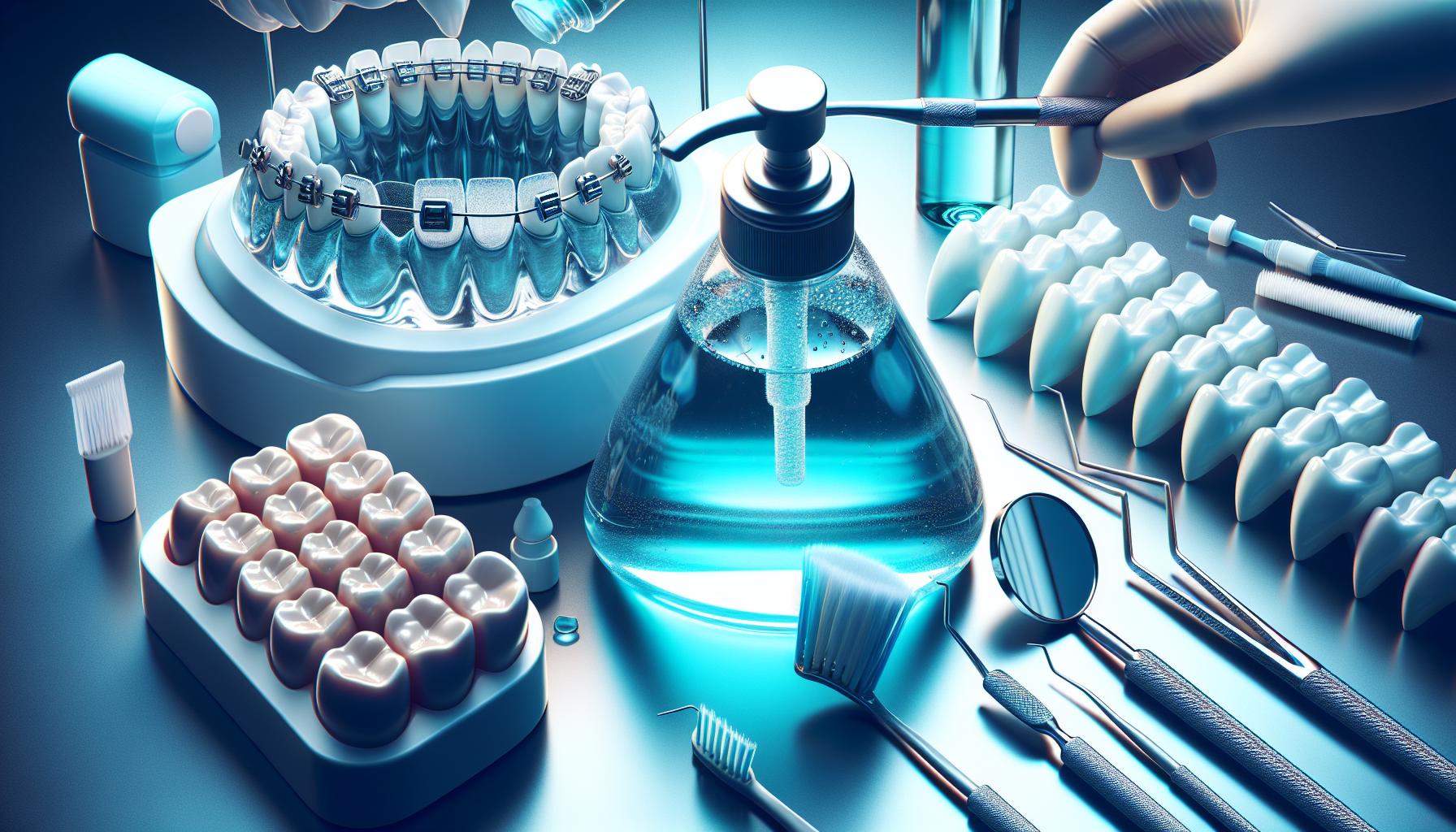
When it comes to oral hygiene, mouthwash plays a crucial role. Though, how and where you store it can greatly influence its effectiveness and longevity. Proper storage not only preserves the integrity of the ingredients but also ensures you get the most out of your mouthwash every time you rinse.
Optimal Storage Conditions
To maintain freshness and efficacy, store your mouthwash in a cool, dark place, ideally away from direct sunlight and heat sources. Bathrooms often experience humidity fluctuations, which can affect the quality of mouthwash. Instead, consider a dedicated cabinet or a drawer that stays dry and cool.
here are key points to remember when storing mouthwash:
- Avoid Light Exposure: Store your mouthwash in opaque or dark containers to limit light exposure, which can break down active ingredients.
- Temperature Matters: Aim for a consistent temperature. Extreme temperature variations can impact the formulation.
- Seal it Tight: Always ensure the cap is securely fastened after use to prevent evaporation and contamination.
Organizing Your Mouthwash
Creating an organized and aesthetic dental hygiene station can also enhance your experience. For instance, using a stylish mouthwash dispenser can keep your bathroom looking sophisticated while offering easy access to your oral care products. Products like the Quip Mouthwash Dispenser not only save counter space but also ensure that you have the right amount of mouthwash without messing around with the original bottle each time you rinse [[[[[3]].
Additionally, consider rotating your stock if you purchase multiple types of mouthwash. an easy way to do this is to place the newest bottles in the back of your cabinet and older ones in front, ensuring you use them before their expiration dates.
Expiration Awareness
Understanding the expiration of your mouthwash is a vital part of storage. many mouthwash products have a shelf life printed on the label, which can vary from one to three years. Regularly check the expiration dates to ensure you are using effective products. Discard any expired mouthwash to avoid any risks associated with ineffective oral care.
To summarize, for those interested in maximizing their oral hygiene routine, consider these effectively. Implementing these strategies will help you avoid common pitfalls, ensuring that you get the best results every time you use mouthwash.
How to Safely Dispose of Expired Mouthwash
Understanding Expired Mouthwash
While many people rely on mouthwash for fresh breath and oral hygiene,it’s significant to recognize that these products do have a shelf life. Expired mouthwash may not only be less effective but can also harbor ingredients that might not be safe to use over time. Knowing how to dispose of expired mouthwash safely is essential not just for your health, but also for environmental sustainability.
Safe disposal Methods
When it’s time to part with your expired mouthwash,consider the following options to ensure safe and responsible disposal:
- Pouring Down the Drain: according to health experts,you can safely dispose of expired mouthwash by pouring it down the drain. This method allows it to be washed away with water and mitigates the risk of harm.
- Sealing and Discarding: If you’re concerned about the chemicals in your mouthwash, consider pouring it into a container (like a plastic bottle) and sealing it tightly. Then, you can dispose of it in the trash, ensuring it cannot accidentally spill.
- Flushing (in Specific Cases): While generally not recommended,some mouthwash ingredients may fall under disposal recommendations similar to those for certain medications. Check local guidelines or consult the FDA’s flush list if unsure.
Environmental Considerations
When disposing of mouthwash,it’s also worth noting that many bottles are recyclable,provided they are rinsed properly. Following these disposal methods helps minimize waste and promotes a greener surroundings.Be sure to:
- Rinse out the bottle to remove any residue.
- Check local guidelines for plastic recycling in your area.
By following these safe disposal methods, you not only protect your household but also contribute positively to environmental health. Remember, while mouthwash does expire, your actions can help ensure a safer and cleaner planet when disposing of it correctly.
Expert Tips for Choosing the Right Mouthwash for You
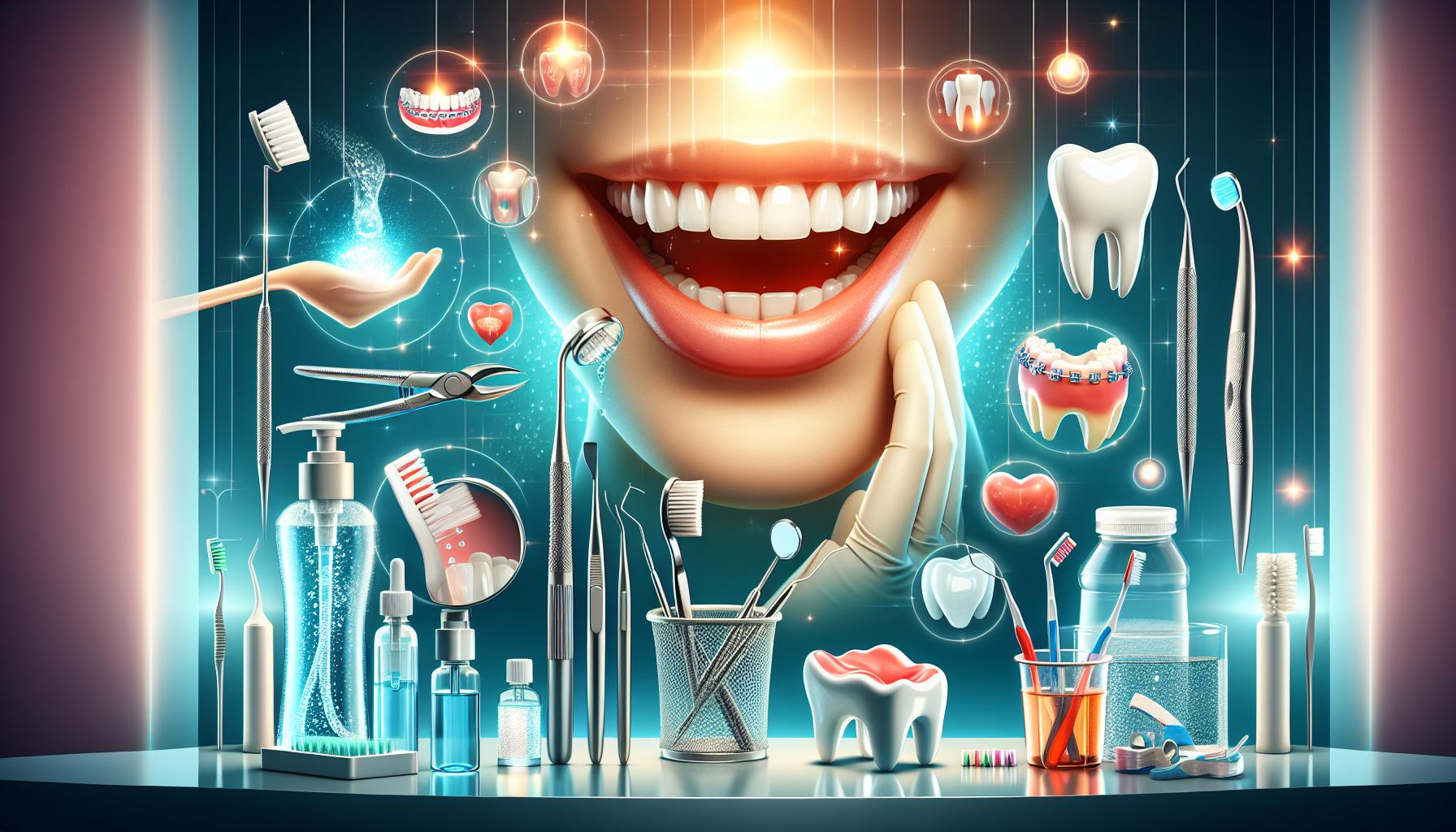
Choosing the right Mouthwash: Expert recommendations
When it comes to maintaining oral health, the choice of mouthwash can be as crucial as brushing and flossing. With a variety of options available, understanding which mouthwash suits your needs can significantly enhance your dental hygiene routine. Consider this: specific formulation of mouthwash can not only freshen your breath but also target various concerns such as plaque control, gum health, or even sensitivity. So how do you choose?
- Identify Your Needs: Are you looking to combat bad breath, reduce plaque, or support gum health? Different mouthwashes have different active ingredients suited for these purposes.For example, antiseptic mouthwashes that contain essential oils or alcohol are great for halting bacteria that cause bad breath.
- Check for ADA Approval: Look for mouthwash that has the American Dental Association (ADA) Seal of Acceptance. This seal signifies that the product has been evaluated by experts and has been proven effective for its claimed purpose.
- Consider Alcohol-Free Options: If you have sensitive gums or a dry mouth, choosing an alcohol-free mouthwash may be more suitable. These products can help maintain moisture levels while still providing antibacterial benefits.
- Understand the Ingredients: Familiarize yourself with common active ingredients in mouthwash. as an example,chlorhexidine is often recommended for controlling plaque but is typically available only by prescription. On the other hand, fluoride-based mouthwashes are excellent for preventing cavities.
You might also want to keep the expiration date in mind when selecting mouthwash, especially if you’ve had a bottle sitting in your cabinet for some time. Does mouthwash expire? Yes, it typically has a shelf life of about three years, so always check the packaging. Expired mouthwash may not only lose its effectiveness but can also cause adverse reactions, so it’s wise to replace old products regularly.
Bonus Tips for Effective Use
For optimal results, consider timing your mouthwash use strategically. The Mayo Clinic recommends using mouthwash after brushing and flossing to ensure thorough cleaning and effectiveness in reaching all areas of your mouth [[1]]. Additionally, follow the instructions on the label for rinse time and quantity, typically around 20 milliliters for 30 seconds, to maximize benefits [[2]].
equipping yourself with the right knowledge and carefully selecting a mouthwash tailored to your oral health needs can make a significant difference. Make informed choices, and don’t hesitate to consult your dentist for personalized recommendations!
DIY Mouthwash: How to Create Your Own Freshening Solution
If you’re looking for an effective way to freshen your breath and improve oral hygiene without relying on store-bought products, homemade mouthwash might be the answer.Not only can you create a natural solution tailored to your preferences, but you also eliminate the risk of using outdated products, addressing concerns such as “Does Mouthwash Expire? Everything You Need to Know.” DIY mouthwash offers you the ability to control the ingredients, ensuring they are safe and effective.
Basic Ingredients for Your DIY Mouthwash
When crafting your own mouthwash, consider these simple and accessible ingredients that not only help combat bad breath but also support oral health:
- Essential Oils: Oils like peppermint, tea tree, and myrrh have natural antibacterial properties.
- Distilled Water: A gentle base for your mouthwash that eliminates impurities.
- Baking Soda: Acts as a mild abrasive and helps balance pH levels.
- Salt: A conventional antiseptic that can help reduce inflammation and kill bacteria.
Simple DIY Mouthwash Recipes
Creating your own mouthwash is easy and can often be done in just minutes.Here are a couple of recipes to get you started:
| Recipe | Ingredients | Instructions |
|---|---|---|
| Refreshing Peppermint Mouthwash |
| Mix all ingredients in a jar. Shake well before each use, and rinse for 30 seconds. |
| Tea Tree Oil Rinse |
| Combine ingredients in a mason jar. Shake before use, and rinse thoroughly. |
Before you dive in,it’s critically important to remember that homemade mouthwash might not have the same shelf life as commercial products. This brings us back to the discussion about expiration: while crafted with fresh ingredients, consume DIY mouthwash within a few weeks and store it in a cool, dark place to maintain its effectiveness. With the right ingredients and a little creativity, you can keep your mouth fresh and combat bacteria, all while avoiding the pitfalls associated with expired mouthwash.
Maintaining Oral Health Beyond Mouthwash: Additional Insights
While mouthwash plays a vital role in oral hygiene, it shouldn’t be the sole focus of your dental care regimen. Many individuals often wonder, “Does mouthwash expire?” but understanding how to maintain oral health beyond mouthwash is crucial for achieving and maintaining a shining smile and healthy gums. Here are additional insights to enhance your oral care routine.
Complementary Oral Hygiene Practices
Mouthwash can effectively fight bacteria and freshen breath, but it shouldn’t replace daily practices like brushing and flossing. in fact, the American Dental Association emphasizes brushing at least twice a day and flossing daily as the foundation of good oral hygiene. Here’s a concise routine to ensure comprehensive care:
- Brushing: Use fluoride toothpaste and a soft-bristle toothbrush. Brush for at least two minutes,ensuring you cover all surfaces.
- Flossing: Floss daily to remove plaque and food particles from between your teeth and under your gumline.
- Regular Check-Ups: Schedule regular visits to your dentist at least twice a year for professional cleanings and oral exams.
Incorporating these practices can greatly enhance the effectiveness of mouthwash and keep your mouth healthier overall.
Choosing the Right Mouthwash
Not all mouthwashes are created equal. While some may simply freshen your breath, others offer key benefits such as antibacterial properties that help in reducing plaque buildup and preventing gum disease. When considering mouthwash, look for ingredients that align with your specific needs, such as:
- Antiplaque agents: Help reduce plaque formation.
- Antimicrobial properties: combat bacteria that lead to oral diseases.
- Fluoride: Strengthens tooth enamel and reduces cavities.
If you’re curious about mouthwash longevity, it’s essential to note that mouthwash can expire. Understanding how to select and use it or whether it can still be effective after its expiry can definitely help optimize your oral health routine. Remember, always check the label for expiration dates and storage recommendations.
Dietary Considerations for Oral Health
Your diet also plays a significant role in oral health. Foods rich in sugars can stimulate twice the bacteria growth leading to increased plaque and cavities. Incorporate a diet rich in fruits, vegetables, and whole grains while minimizing sugary snacks and drinks. Here’s a simple breakdown of what you should focus on:
| Food Type | Benefits |
|---|---|
| fruits & vegetables | High in fiber; helps cleanse teeth and gums. |
| Whole Grains | Good source of nutrients for overall health. |
| Dairy Products | Rich in calcium, which strengthens teeth. |
| Lean Proteins | Supports overall body and oral health. |
By considering these dietary elements along with your mouthwash usage, you will further support your oral health and contribute to a more effective overall hygiene strategy. Remember, while mouthwash can be a great addition to your routine, the primary pillars of dental care remain consistent: brushing, flossing, regular dental visits, and a balanced diet.
Frequently asked questions
Does mouthwash have an expiration date?
Yes, mouthwash does have an expiration date. Most mouthwash products, especially therapeutic types, typically have a shelf life of around 2 to 3 years from the date of manufacture. This is clearly indicated on the packaging, so it’s essential to check for an expiration date when purchasing or using mouthwash. Using mouthwash after it has expired can lead to decreased effectiveness in promoting oral health, as the active ingredients may no longer work as intended [[2]].
Additionally, the environment in which the mouthwash is stored can affect its longevity. Keeping it in a cool, dark place, away from direct sunlight and moisture, is crucial. If mouthwash is exposed to high temperatures or humidity, it may degrade faster than expected, even before reaching the printed expiration date.
What happens if I use expired mouthwash?
Using expired mouthwash may not be harmful, but it can lead to a less effective cleaning experience. Over time, the active ingredients in mouthwash, such as antimicrobial agents and fluoride, can break down, reducing their ability to combat bacteria and prevent cavities [[[[[3]]. This means that while you might not feel any immediate adverse effects, you might not benefit from the protective features mouthwash is designed to provide.
If you’ve accidentally used expired mouthwash, it’s generally not something to worry about; though, if you notice any unusual smells, colors, or sediment in the liquid, it’s best to discard it. Your oral health routine could be compromised with these visual indicators of degradation, and it’s wise to replace it with a fresh bottle.
How can I extend the shelf life of my mouthwash?
To help your mouthwash maintain its effectiveness over time, proper storage is key. Here are some simple tips to extend its shelf life:
- Store in a cool place: Keep the mouthwash in a cool environment, ideally at room temperature, and away from direct sunlight or heat sources.
- Seal properly: Always ensure the cap is tightly closed after each use. This helps prevent contamination and keeps the ingredients stable.
- Avoid sharing: If possible,avoid using the same bottle for multiple people to reduce contamination from saliva.
By observing these practices, you can maximize the usability of your mouthwash well within its expiration date, ensuring your oral hygiene routine remains effective and enjoyable.
Can I use mouthwash every day?
Yes, most mouthwash can be used daily, and doing so is often recommended as part of a comprehensive oral hygiene regimen. However, it’s essential to choose the right type of mouthwash for your needs. Therapeutic mouthwashes, which contain ingredients like chlorhexidine or fluoride, can provide additional benefits such as reducing plaque and preventing tooth decay [[1]].
If you prefer to use a cosmetic mouthwash, which primarily helps in freshening breath without the added therapeutic benefits, using it daily is also generally safe. That said, moderation is key. Using mouthwash excessively can disrupt your mouth’s natural balance and potentially lead to irritation or dry mouth.It’s always best to follow the instructions on the label and consult your dentist if you have any concerns.
What should I do with old mouthwash?
Disposing of old mouthwash properly is important for both health and environmental reasons. If your mouthwash has expired, it’s best not to pour it down the drain as it may contain chemicals that can affect water quality. Here are a few ways to dispose of old mouthwash safely:
- Read local regulations: Check your local government guidelines or waste disposal information for specific instructions on disposing of household chemicals.
- Throw it away: If there are no specific disposal instructions,most people can simply toss it out in the regular trash. Ensure the bottle is securely closed to prevent leakage.
- use designated disposal sites: For those concerned about chemicals, take your mouthwash to a hazardous waste disposal facility or event, if available in your area.
Making sure to dispose of mouthwash responsibly helps keep your community safe and protects the environment from needless pollutants.
In Summary
Conclusion: Everything You Need to Know About Mouthwash Expiration
understanding the expiration of mouthwash is vital for maintaining optimal oral health. Here are the key takeaways:
- Expiration Dates Matter: Most mouthwash products have a shelf life of about 2-3 years. Using expired mouthwash can lead to ineffective results,meaning it won’t help protect against cavities or freshen breath as intended [[2]].
- Effects of Expired Mouthwash: Rinsing with expired mouthwash may not provide any dental benefits. It’s best to replace it once it’s past its expiration date [[1]].
- Some Brands Lack Expiration Dates: It’s good to be aware that not all mouthwash products display an expiration date, and their longevity can vary [[[[[3]].
By ensuring that you use mouthwash within its recommended date, you can maximize your oral care routine. For further insights on improving your dental hygiene practices, explore our other articles that delve deeper into oral health tips and techniques. Your smile deserves the best care!



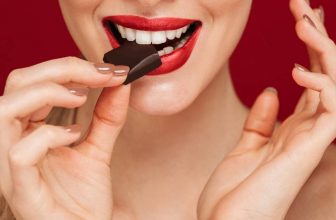

 MY GUMS HAVE NEVER LOOKED BETTER!
MY GUMS HAVE NEVER LOOKED BETTER!
